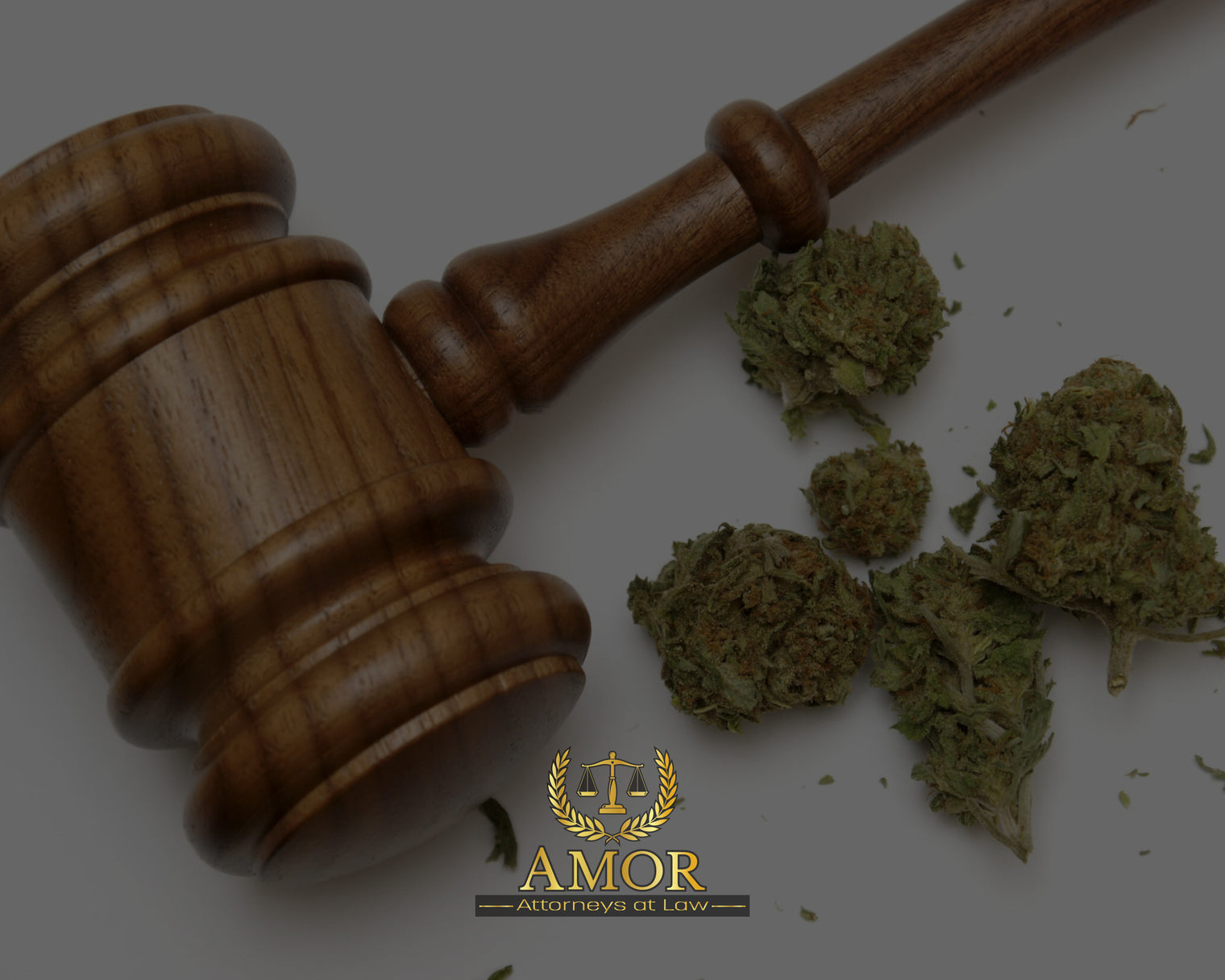In recent years, the legal landscape surrounding cannabis and hemp has undergone significant changes, with varying degrees of legalization and regulation at both the federal and state levels. Understanding the differences between federal and state laws is crucial for individuals and businesses operating in this industry. In this blog post, we'll explore the key distinctions between federal and state cannabis and hemp laws to provide clarity for potential clients.
Federal Cannabis and Hemp Laws
At the federal level, cannabis remains classified as a Schedule I controlled substance under the Controlled Substances Act (CSA). This classification signifies that the federal government considers cannabis to have a high potential for abuse and no accepted medical use, making it illegal to manufacture, distribute, or possess cannabis for any purpose, including medicinal or recreational use.
However, there have been notable developments at the federal level regarding hemp. The Agricultural Improvement Act of 2018, commonly known as the Farm Bill, legalized the cultivation, production, and commercialization of hemp and hemp-derived products containing no more than 0.3% THC (tetrahydrocannabinol) on a dry weight basis. This legislation removed hemp from the list of controlled substances and opened up opportunities for the cultivation and sale of hemp-derived CBD (cannabidiol) products.
State Cannabis and Hemp Laws
While cannabis remains illegal at the federal level, many states have implemented their own laws to legalize and regulate cannabis for medical and/or recreational use. State laws regarding cannabis and hemp vary widely, with differences in legalization status, possession limits, cultivation regulations, licensing requirements, taxation, and more. Some states have established robust regulatory frameworks for the cannabis industry, while others have more limited programs or maintain strict prohibitionist policies.
Key Differences and Considerations
One of the most significant differences between federal and state cannabis and hemp laws is the conflict between federal prohibition and state legalization. This conflict creates legal uncertainty and challenges for businesses operating in the cannabis industry, particularly in areas such as banking, taxation, intellectual property, and interstate commerce.
It's important for individuals and businesses involved in the cannabis and hemp industries to carefully navigate these legal complexities and ensure compliance with both federal and state laws. Consulting with experienced legal counsel knowledgeable in cannabis and hemp law is essential for understanding and addressing these regulatory challenges.
Conclusion
In summary, the legal landscape for cannabis and hemp is complex, with variations between federal and state laws that can have significant implications for individuals and businesses operating in this industry. While federal law continues to classify cannabis as a controlled substance, many states have legalized cannabis for medical and/or recreational use, and hemp cultivation has been legalized at the federal level. Navigating these differences requires careful attention to detail and a thorough understanding of the applicable laws and regulations.
We specialize in cannabis and hemp law and are here to assist clients with navigating the legal complexities of this rapidly evolving industry. Contact us today to learn more about how we can help you achieve your goals in the cannabis and hemp space.
Disclaimer:
The contents of this blog do not constitute legal advice. Always contact your attorney for legal matters.






